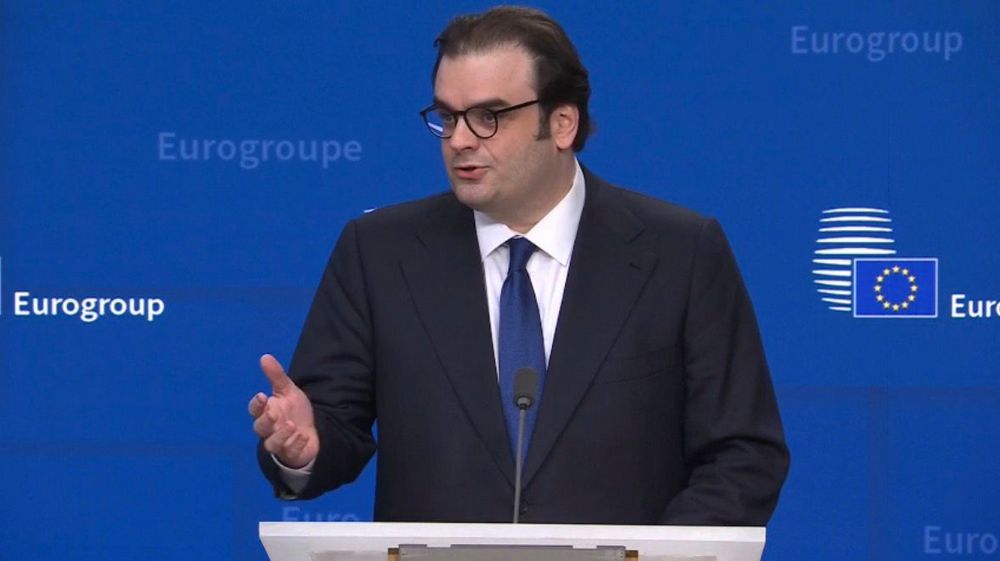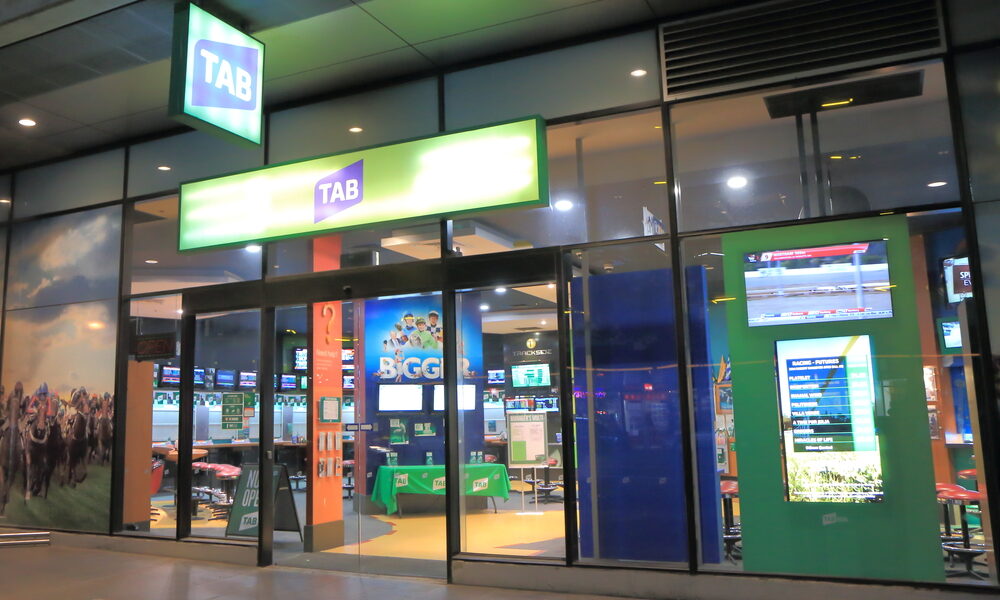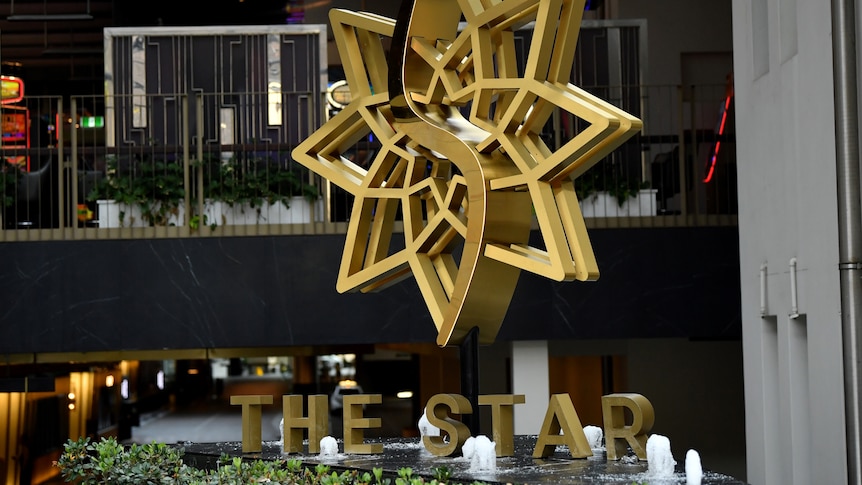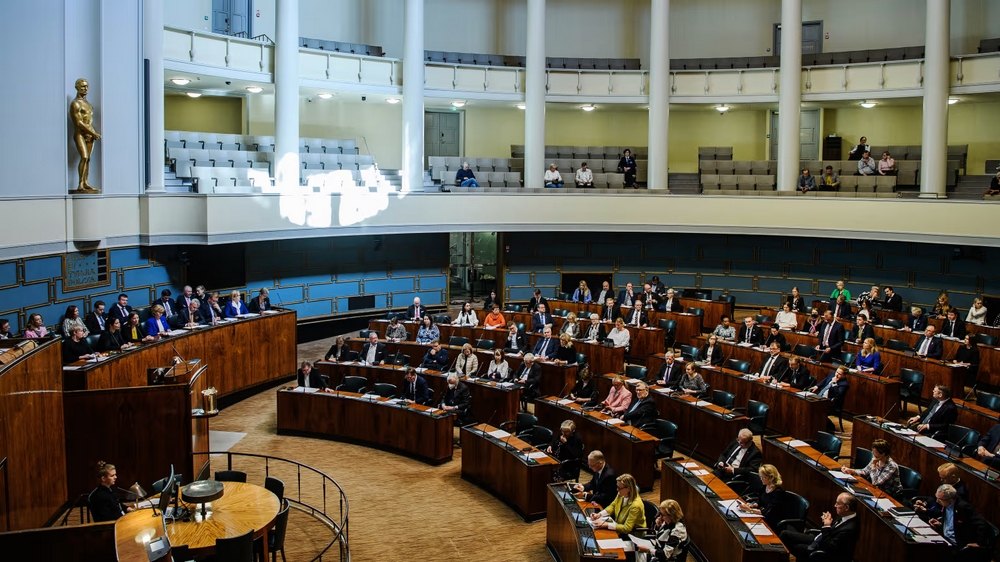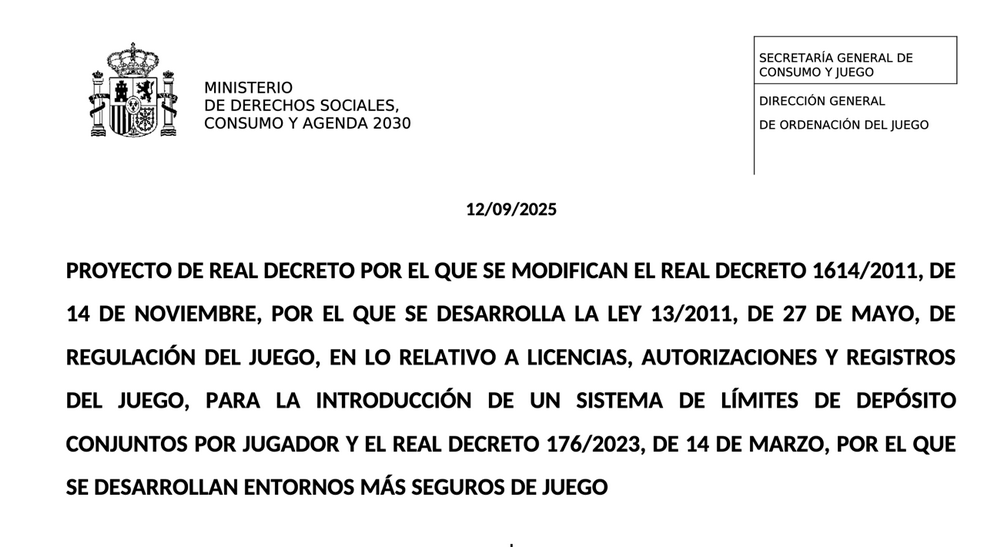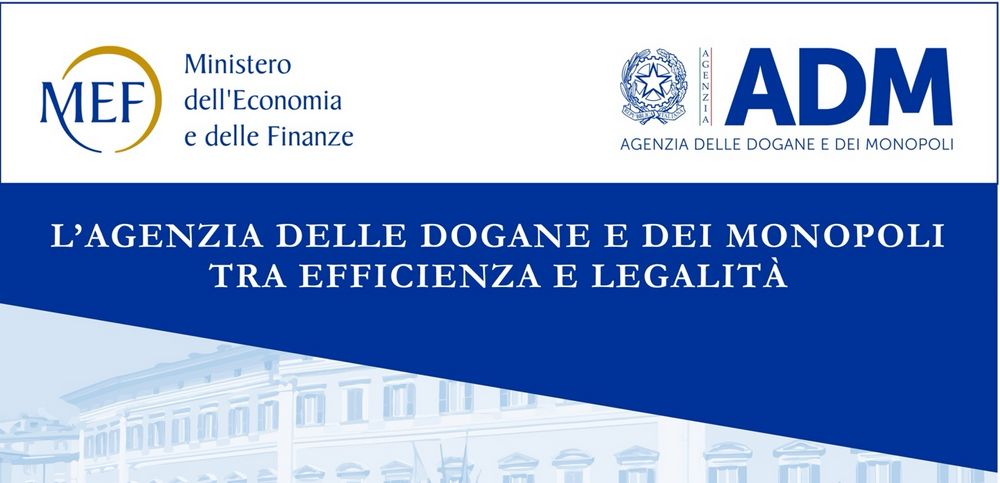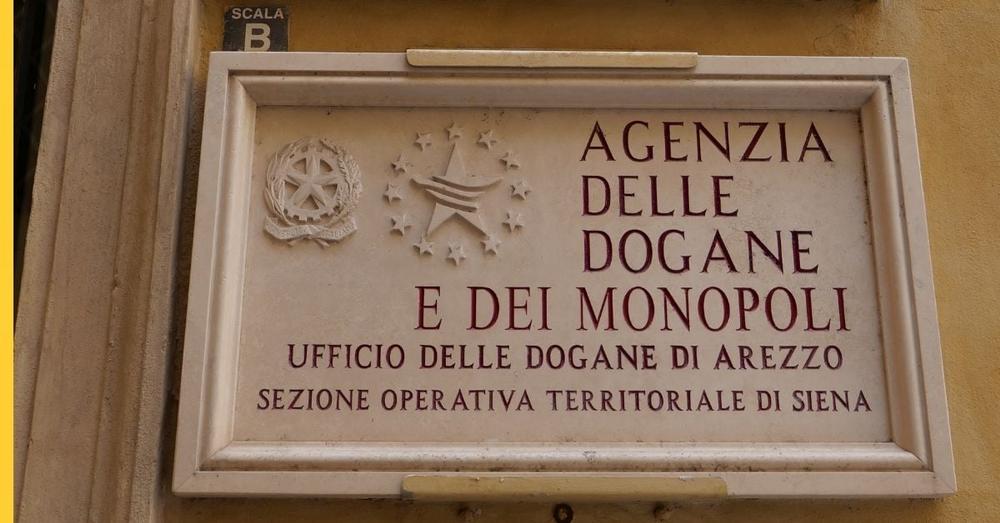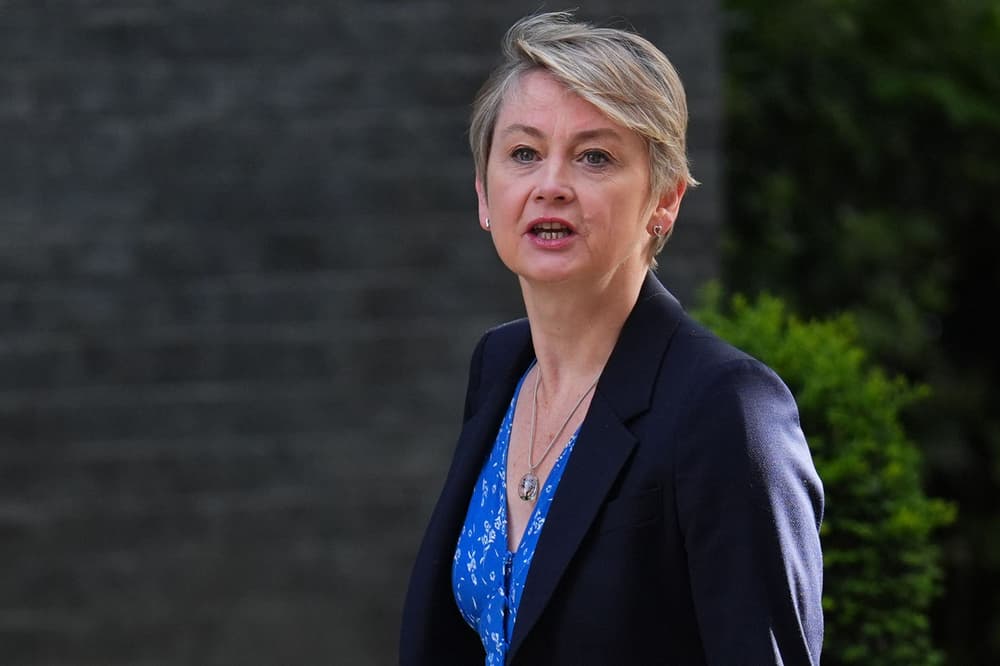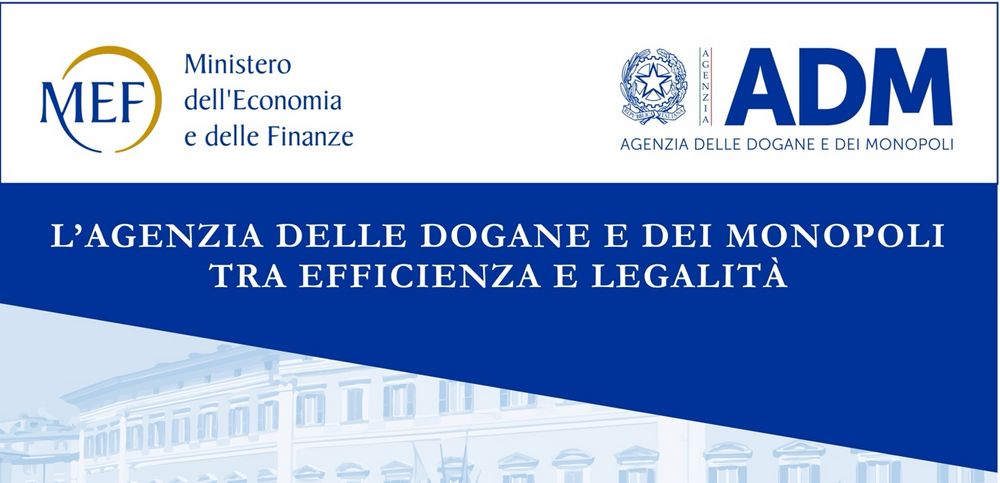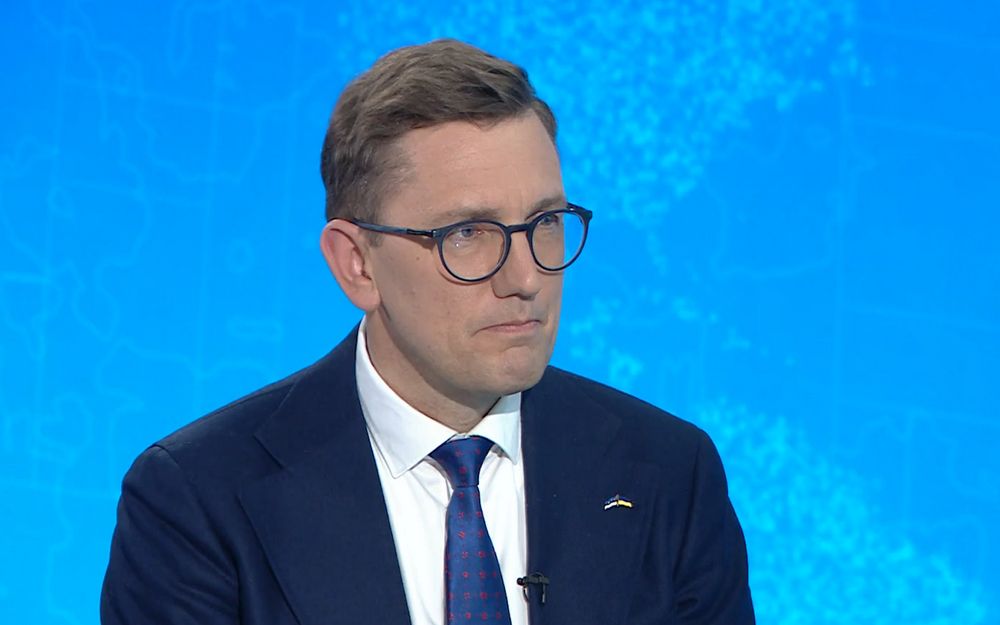Rome — Italy’s gaming authority, the Agenzia delle Dogane e dei Monopoli (ADM), has confirmed a massive restructuring of the country’s online gambling market, reducing the number of licensed operators from 407 to just 52 starting November 13, 2025. The reform aims to curb unregulated activity, tighten player protection rules, and consolidate oversight in one of Europe’s most lucrative iGaming markets, valued at €21 billion (US $24.4 billion) annually.

The reform is designed to eliminate the widespread use of “skin sites” — secondary domains operating under a parent license but often marketed independently. Of the 407 active websites, more than 350 operate as skins, including 315 Italian-owned and 92 foreign sites. The new system will allow each licensed operator to run only a limited number of brands directly under its approved domain name.
In total, 46 companies will control the 52 licenses, as several operators manage multiple brands. Major players such as Flutter Entertainment (Betfair, Sisal, Snaitech), Entain, and Lottomatica are expected to retain their presence under the stricter framework.
Under the updated regulations, all operators must implement mandatory player safeguards, including pre-set deposit limits, responsible gaming banners, and real-time spending trackers. Players will be required to accept new terms and conditions emphasizing consumer protection and self-exclusion options.

ADM will also deploy a new “cyber shield” system to block unlicensed domains and redirect users attempting to access illegal websites. The measure will apply to both private and public devices such as gaming kiosks, internet cafés, and mobile networks. Companies violating these rules could face severe penalties or criminal charges.
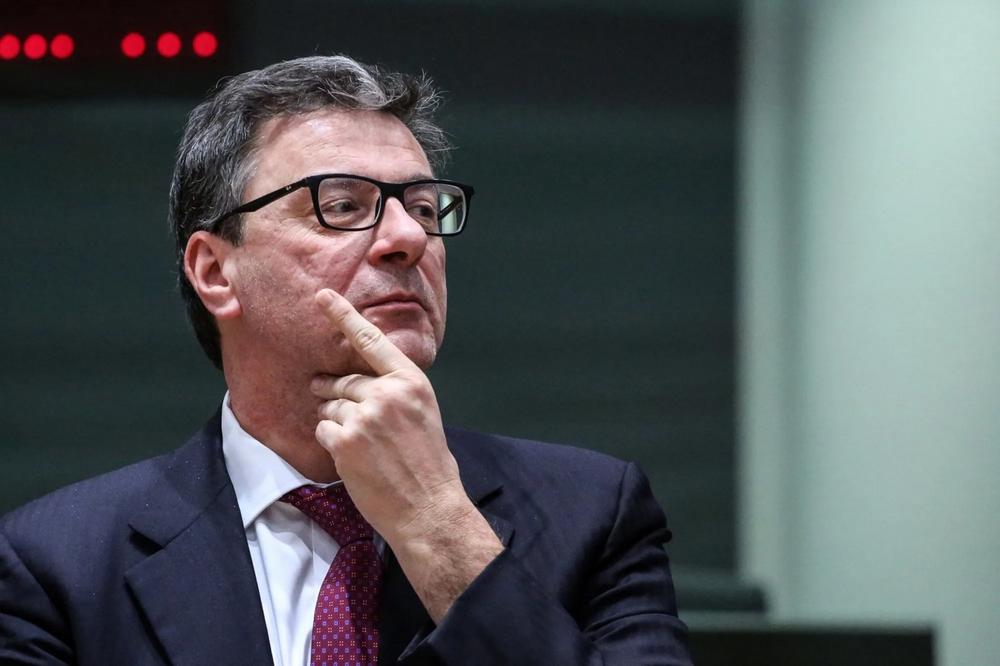
Italy’s Ministry of Economy expects the streamlined structure to improve transparency and tax efficiency. Licensing revenue from the ongoing tender has already exceeded €365 million, surpassing initial expectations of €300–€350 million.
Industry analysts note that while the reduction will consolidate the market around major operators, it also risks sidelining smaller firms and affiliates. Still, proponents argue that Italy’s decision aligns with a broader European trend toward “quality over quantity” in licensing policy. The reform marks the most radical change to Italy’s online gaming regime in over a decade — one meant to protect players, ensure fiscal accountability, and reinforce Italy’s reputation as one of Europe’s most strictly regulated markets.











